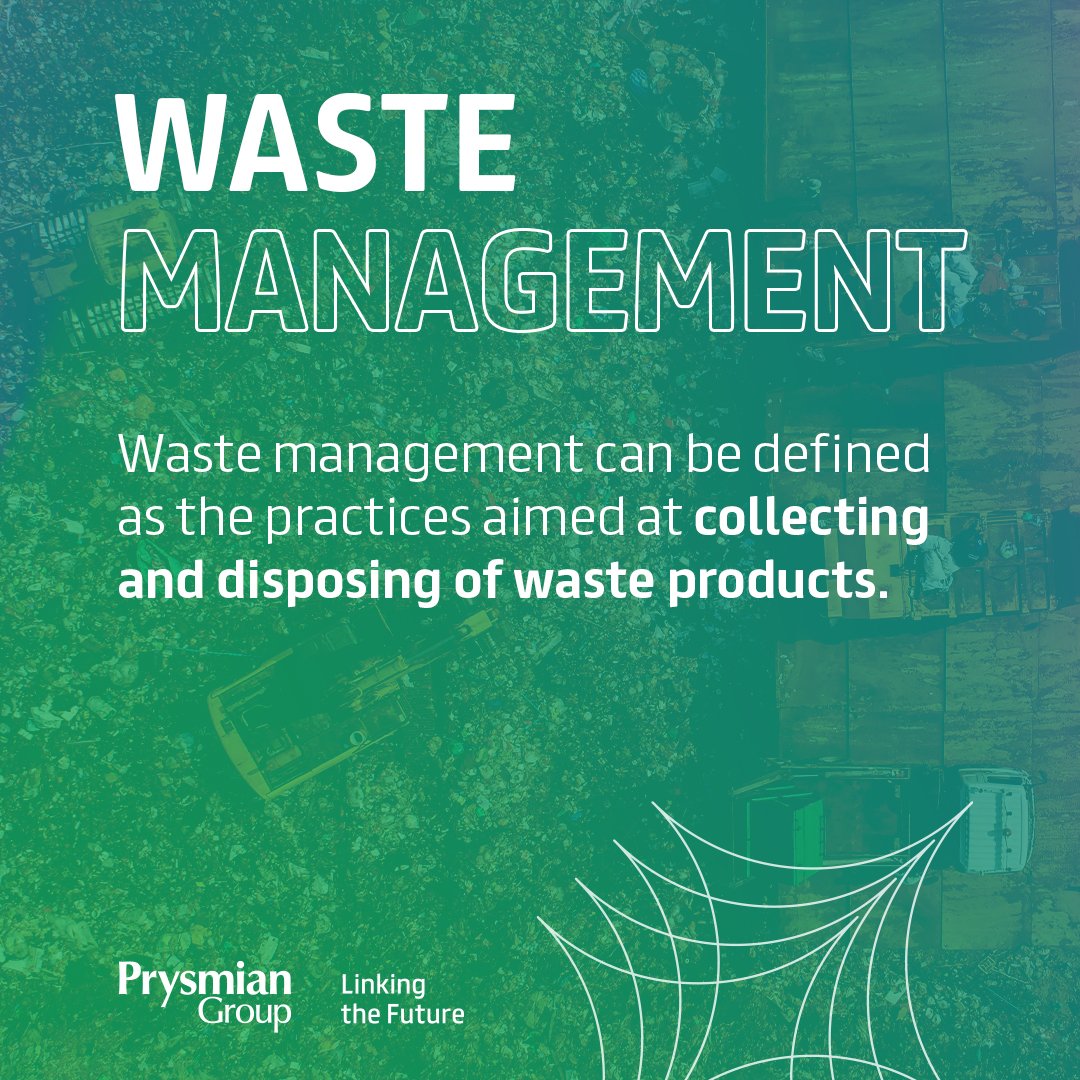The Of Reclaim Waste
Table of ContentsThe 5-Minute Rule for Reclaim WasteAbout Reclaim WasteReclaim Waste - An OverviewThe Best Strategy To Use For Reclaim Waste7 Easy Facts About Reclaim Waste Described
Domestic sewer waste refers to the waste and items from a domestic septic storage tank. The correct monitoring and disposal of residential sewage waste need liquid waste to be transferred to a sewer therapy plant where the proper techniques and tools are applied to detoxify and dispose of waste.
Business waste commonly includes prospective threats, such as combustible materials or a mix of liquid and strong waste items, and calls for a more advanced and comprehensive disposal process. The disposal of industrial waste normally involves the filtration of waste prior to transportation to guarantee safe and proper disposal. Industrial waste is developed from by-products and drainage of industrial procedures and manufacturing.
This sort of waste can not make use of the exact same sewage administration transport or processes as septic or commercial liquids. The hazardous waste administration process needs the inspection and testing of liquid waste prior to it undertakes the disposal process (industrial wastewater treatment). Drainage waste is the liquid waste that originates from overflow and excess stormwater in highly populated locations or cities
Overflow waste can trigger contamination and flooding if not dealt with effectively. Find out more about sewer cleansing and waste management. Making sure correct waste management can avoid calamities and lower environmental damage. Both individuals in residential setups and experts in business or manufacturing sectors can take advantage of understanding the procedures and regulations of liquid waste management.
About Reclaim Waste
Get in touch with PROS Solutions today to find out about our waste management and disposal solutions and the proper methods to care for the fluid waste you produce.
Do you recognize what happens to your water when you end, flush the commode or drain the washing machine? No? Well, it's worth recognizing. This so-called 'wastewater' is not only a vital source yet, after treatment, will be launched to our land, rivers or the ocean. Made use of water from bathrooms, showers, baths, kitchen area sinks, laundries and commercial procedures is referred to as wastewater.

water utilized to cool machinery or tidy plant and tools). Stormwater, a form of wastewater, is runoff that streams from agricultural and metropolitan areas such as roofing systems, parks, yards, roadways, courses and gutters right into stormwater drains pipes, after rainfall. Stormwater moves unattended straight to neighborhood creeks or rivers, at some point reaching the ocean.
The Facts About Reclaim Waste Uncovered
In Queensland, a lot of wastewater is dealt with at sewer treatment plants. Wastewater is transported from residential or industrial sites with a system of drains and pump stations, known as sewerage reticulation, to a sewer treatment plant. City governments build, preserve and run most sewage treatment plants. Operators are certified under the Environmental Protection Act 1994 to release treated wastewater at an acceptable environmental requirement into rivers.
The Division of Natural Resources suggests regional federal governments about managing, operating and keeping sewerage systems and therapy plants. In unsewered locations, neighborhood governments might require owners to mount private or home sewage treatment systems to deal with domestic wastewater from commodes, kitchen areas, washrooms and laundries. The Department of Natural Resources authorizes making use of household systems when they are shown to be efficient.
Most stormwater obtains no therapy. In some brand-new subdivisions, therapy of some stormwater to eliminate trash, sand and gravel has begun making use of gross toxin catches. Wastewater treatment link occurs in four stages: Gets rid of strong issue. Bigger solids, such as plastics and various other things wrongly released to sewage systems, are eliminated when wastewater is travelled through displays.
Makes use of small living microorganisms understands as micro-organisms to break down and get rid of remaining dissolved wastes and fine bits. Micro-organisms and wastes are integrated in the sludge.
Reclaim Waste Things To Know Before You Buy
Nutrient elimination is not available at all sewer treatment plants due to the fact that it calls for pricey specialized equipment. Clear fluid effluent created after therapy might still contain disease-causing micro-organisms - liquid waste disposal.

This generally indicates wastewater has to be dealt with or pollutants removed prior to it can be discharged to rivers. Many wastewater moves into the sewerage system. Under the Act, regional governments provide approvals and licences for eco relevant tasks (Periods) entailing wastewater releases that may have a neighborhood effect. The department carries out authorizations and permits to ERAs including wastewater launches that might have a regional or statewide impact.
The Greatest Guide To Reclaim Waste
Surveillance supplies accurate information regarding water high quality and can verify that licence problems are being met. The information obtained with monitoring provides the basis for making water high quality choices.
Comments on “5 Easy Facts About Reclaim Waste Explained”